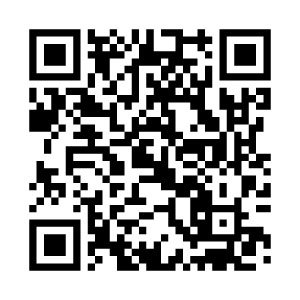
Study In USA
OVERVIEW
- World-class learning institutions with interminable study options, offering a wide range of Degrees with the chance to change majors or decide on numerous specializations.
- Overall acknowledgement with cutting edge logical and mechanical research in the creation of inventive, innovative items
- Place where there are Opportunities – Job openings are higher and increasingly changed, in contrast with different nations.
- Hands-on preparing OPT and CPT choices
- Budgetary Support is accessible in many universities like student awards, credits and allowances to cover day by day costs just as educational cost sometimes
- US instruction framework offers a sort of adaptability as far as the courses that are offered, which empowers students to choose their preferred subject from a variety of topics
Education System
University Types
- Public universities (Government Affiliated) offer Undergraduate Degrees and Graduate Education (Masters and PhD)
- Private Universities (Non-Government Affiliated) offer Undergraduate Degrees and Graduate Education (Masters and PhD)
Entry Criteria
The base necessity for bachelor is a decent average score in Secondary and Higher optional
The base necessity for Masters is a decent standard GPA in the significant four-year certification (ideally a multi-year degree, however, this can shift). For MBA, work experience is required
Required Language Test(s)
GMAT (Graduate Management Admission Test) is a common thing that should have provided for almost all MBA Programs in the USA
SAT (Scholastic Assessment Test) for Under Graduate Programs
Many universities demand TOEFL (Test of English as a Foreign Language) for both Graduate and Under Graduate Programs
IELTS (Intl English Language Testing System) for both Graduate and Under Graduate Programs
Visa Process
Students should have obtained a visa from one of the United States diplomatic missions for entering the USA; F1 student visa is known as the non-immigrant category.
Students require a valid I20 with SEVIS Number to apply for the student’s visa with all the relevant financial and academic documents; apply for the visa at the designated consulate with the duly filled up application form.
F1 visa can be available up to 120 days before the program start date as listed on the students’ I-20s. However, students cannot enter the United States for more than 30 days in advance of the beginning of studies.
Insurance for VISA
Carrying Insurance for Visa is not mandatory.
Part-time Job
On-Campus jobs usually include working as Teaching Assistant, Research Assistant, Working in College Library, Admission Office etc. while off Campus jobs will be based on CPT options, which are provided after nine months stay.

